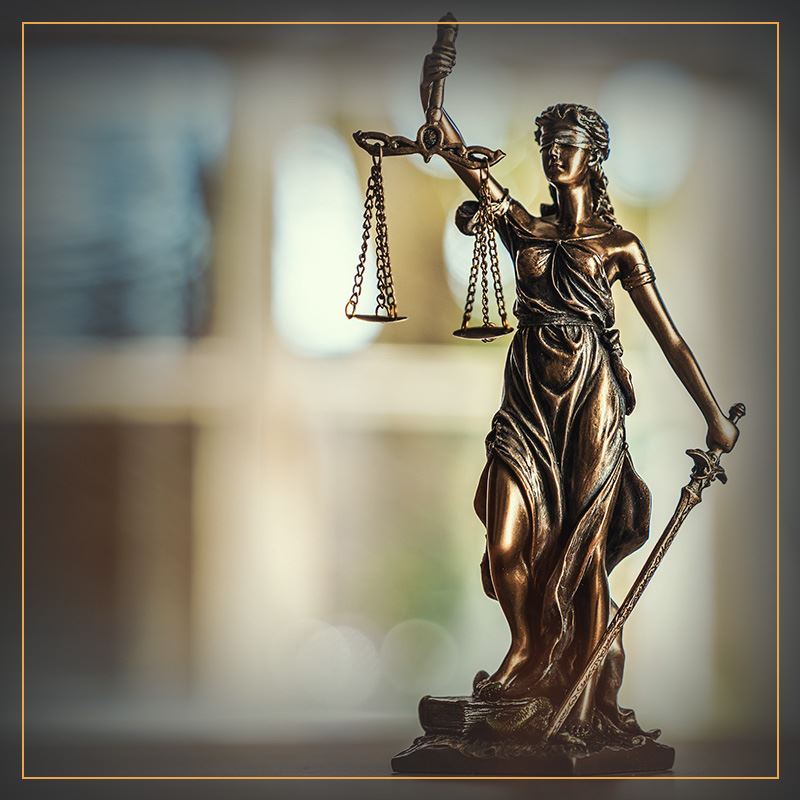
St. Louis Sobriety Checkpoint / Roadblock Lawyer
While a majority of DWI / DUI investigations arise as a result of simple traffic offenses, a large number of charges are derived from an ever-increasing and lawful police tactic – the sobriety checkpoint or roadblock.
In a typical DWI / DUI encounter, in order to stop a vehicle, the police must have reasonable suspicion that the driver has committed some violation of the traffic laws. The traffic stop will only become an arrest for driving while intoxicated or driving under the influence when the officer can establish probable cause to believe that the driver was operating the vehicle in an intoxicated or impaired condition.
An experienced DWI / DUI criminal defense attorney should not only evaluate and defend against the charges by analyzing and attacking the prosecutor's evidence of intoxication, but should also be able to determine if the police officer's actions in making the traffic stop were proper. If the court finds that the stop was improper, the DWI / DUI charges may be dismissed entirely.
However, during a sobriety checkpoint operation, the police are not stopping a single vehicle based on any particularized suspicion of wrongdoing. Rather, the officers are usually stopping all vehicles and assessing each driver to determine if they are operating the vehicle in an intoxicated or impaired condition.
As a result, normal defense strategies may not be sufficient to ensure the rights of the driver are fully protected. Kevin Whiteley and the Whiteley Law Firm are fully aware of the different rules that apply to sobriety checkpoint and roadblock operations, and have implemented defense strategies that challenge the lawfulness of such operations.
If you were stopped at a sobriety checkpoint or roadblock, and have been charged with driving while intoxicated or driving under the influence, you should contact an experienced St. Louis sobriety checkpoint lawyer today to ensure that you receive the best possible defense and ensure that your rights are fully protected against these intrusive police tactics.

What Sets Us Apart From The Rest?
Whiteley Law Firm is here to help you get the results you need with a team you can trust.
-
Accessible Support
We make it easy for you to reach out and discuss your case, offering multiple avenues including phone, voicemail, online submission, and office visits for your convenience.
-
Trusted AdvocacyWe understand the gravity of your situation and are committed to earning your trust through unwavering dedication to your defense.
-
Thorough Defense StrategyOur approach involves a meticulous evaluation of your case, ensuring every possible defense avenue is explored to protect your rights.
Our FAQ
Have questions? We are here to help. Still have questions or can't find the answer you need? Give us a call at 888-910-8827 today!
-
Can I represent myself?Yes. Although the right is not unlimited, in every criminal prosecution, the accused must be permitted to act as his or her own attorney. However, the better question is whether you should represent yourself. To that question, the answer is undeniably no. For more information on why a criminal defendant should hire an experienced criminal defense attorney, please read more here.
-
What if I am guilty?
Although your thoughts on guilt or innocence of the charges against you are important, it is only one factor that should be considered in how to dispose of the criminal case.
The Whiteley Law Firm is committed to ensuring that those charged with criminal offenses receive a result that is in their best interest. In doing so, we always ensure that the conduct of the police has been proper and the prosecution can meet their burden of proof.
-
Will my case be dismissed if the police did not read me my Miranda rights?
The continued popularity and proliferation of crime drama television shows perpetuates the idea that the police must advise the suspect of his or her Miranda rights immediately upon being arrested. This television show concept, however, is a myth. The police are under no obligation to inform someone of their constitutional rights once placed in custody.
The Miranda warnings – generally, the right to remain silent and the right to an attorney – take their name from the 1966 U.S. Supreme Court decision of the same name, Miranda v. Arizona. The landmark decision requires law enforcement officials to inform individuals in custody of their rights prior to any questioning. In other words, with some limited exceptions, Miranda warnings are only required when the police interrogate someone while they are in custody.
Given these two requirements, the question whether a case will be dismissed can become a complex question. Suffice it to say, while complete dismissal of the case is not impossible, the more likely result from a Miranda violation would be suppression of the illegally obtained evidence.
